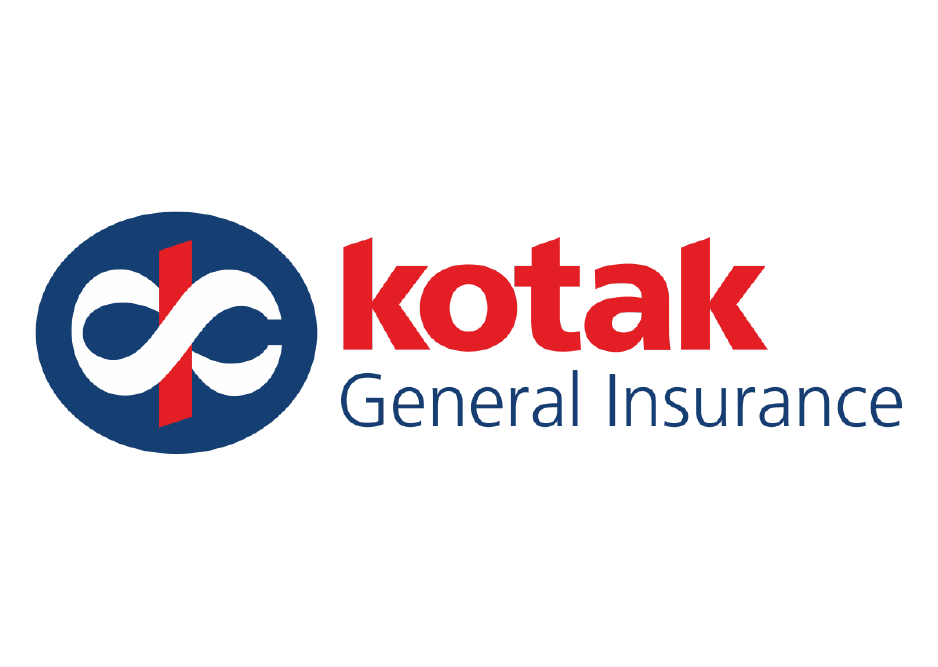Coverage Amount (IDV):
₹3L – ₹50L
Insurance Type:
Standalone OD + TP (Combo)
Premium (Approx):
₹2500/ Year
Coverage Amount (IDV):
₹2.5L – ₹55L
Insurance Type:
Comprehensive
Premium (Approx):
₹2799/ Year
Coverage Amount (IDV):
₹2L – ₹40L
Insurance Type:
Standalone OD + TP (Combo)
Premium (Approx):
₹2490/ Year
Coverage Amount (IDV):
₹2L – ₹45L
Insurance Type:
Comprehensive
Premium (Approx):
₹2690/ Year
Coverage Amount (IDV):
₹3L – ₹55L
Insurance Type:
Comprehensive
Premium (Approx):
₹2700/ Year
Coverage Amount (IDV):
₹2.5L – ₹60L
Insurance Type:
Comprehensive
Premium (Approx):
₹2880/ Year
Coverage Amount (IDV):
₹3L – ₹50L
Insurance Type:
Comprehensive
Premium (Approx):
₹2720/ Year
Coverage Amount (IDV):
₹2L – ₹55L
Insurance Type:
Standalone OD + TP (Combo)
Premium (Approx):
₹2950/ Year
Coverage Amount (IDV):
₹3L – ₹60L
Insurance Type:
Comprehensive
Premium (Approx):
₹2800/ Year
Coverage Amount (IDV):
₹2.5L – ₹40L
Insurance Type:
Standalone OD + TP (Combo)
Premium (Approx):
₹2790/ Year
Coverage Amount (IDV):
₹2L – ₹50L
Insurance Type:
Comprehensive
Premium (Approx):
₹2850/ Year
Coverage Amount (IDV):
₹2L – ₹60L
Insurance Type:
Third-Party (TP) Only
Premium (Approx):
₹2600/ Year
Coverage Amount (IDV):
₹3L – ₹45L
Insurance Type:
Comprehensive
Premium (Approx):
₹2490/ Year
Coverage Amount (IDV):
₹2.5L – ₹50L
Insurance Type:
Standalone OD + TP (Combo)
Premium (Approx):
₹2550/ Year
Coverage Amount (IDV):
₹2L – ₹40L
Insurance Type:
Comprehensive
Premium (Approx):
₹2700/ Year
Coverage Amount (IDV):
₹3L – ₹50L
Insurance Type:
Standalone OD + TP (Combo)
Premium (Approx):
₹2999/ Year
Coverage Amount (IDV):
₹2.5L – ₹60L
Insurance Type:
Comprehensive
Premium (Approx):
₹2750/ Year
Coverage Amount (IDV):
₹5L – ₹75L
Insurance Type:
Standalone OD + TP (Combo)
Premium (Approx):
₹2950/ Year
Coverage Amount (IDV):
₹3L – ₹1 Cr
Insurance Type:
Comprehensive
Premium (Approx):
₹2799/ Year
Coverage Amount (IDV):
₹2L – ₹25L
Insurance Type:
Comprehensive
Premium (Approx):
₹2094/ Year



























